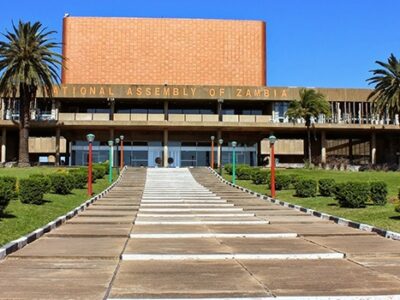In the digital age, social media has become a pervasive force, profoundly influencing the lives of individuals worldwide, especially young people.
With the rise of various social media platforms, youth have been thrust into a virtual realm that offers unparalleled opportunities for communication, self-expression, and connectivity.
This digital revolution has brought numerous benefits but has also raised concerns about its impact on the well-being and development of today’s youth.
Digital technologies are integral to socialising, working, playing, communicating, learning and exploring.
In essence, being a 21st-century citizen necessitates digital literacy.
However, while digital innovation has advanced rapidly, its impact on human rights and privacy has become a growing concern.
The COVID-19 pandemic highlighted the benefits of digital technology, such as social media keeping people connected and healthcare apps improving access to services.
Yet, there are significant concerns about how these technologies affect the most vulnerable and marginalized individuals, particularly regarding access, data, and privacy.
A report titled ‘Protecting Digital Rights in the Digital Age’ by Maarja-Liis Ferry from Students for Global Health highlights the importance of equitable access to digital technologies.
“Education and income levels are major predictors of one’s ability to access digital technologies,” Ferry stated.
The digital divide is particularly severe for women and girls, who face significant barriers in accessing technology and digital education and job opportunities.
The internet poses risks for everyone, but children and teens are especially vulnerable.
Online hazards, from cyber predators to damaging social media posts, can have severe consequences.
Children might inadvertently expose their families to threats, such as downloading malware that compromises sensitive information.
During a press briefing on August 26, 2024, Minister of Home Affairs and Internal Security, Jack Mwimbu, expressed concern about the proliferation of unverified information on social media.
“The government of Zambia promotes freedom of expression, but if this trend continues, it could threaten the peace, security, and order of the country,” Mwimbu explained.
Minister of Technology, Felix Mutati, noted that online abuse could cause significant physical, mental, and psychological harm to young people.
“The government plans to invest in advanced cybersecurity tools to detect and prevent the spread of harmful content and misuse of ICT tools,” Mutati said.
To harness the positive aspects of the digital space and mitigate its risks, there is a need for research and processes that engage young people in identifying the risks they face.
Supporting digital literacy among youth and funding youth-led initiatives for developing, implementing, and monitoring digital technologies are crucial.
Most importantly, young people should have a seat at the decision-making table. By involving them in these processes, we can better protect them and their communities from harm while maximizing the potential of youth in development.
WARNING! All rights reserved. This material, and other digital content on this website, may not be reproduced, published, broadcast, rewritten or redistributed in whole or in part without prior express permission from ZAMBIA MONITOR.












Comments